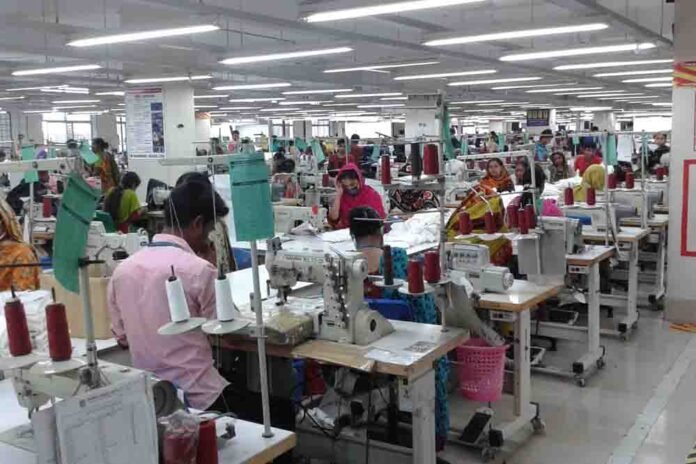Shein is not the headache for the larger brands in developed economies but the way it handles its production in bits from hundreds of factories is fascinating exporters in economies like Bangladesh.
Shein, is the world’s fastest growing fashion retailer, using short runs, often of just a few hundred units, to test the market for seasonal items. To curb dumping of clothing in Europe the EU banned the destruction of unsold clothing as part of a drive towards reducing waste and improving levels of reuse and recycling. Other trading blocs are following the EU in their own way.
Under this scenario suppliers in Bangladesh are receiving requests from customers for shorter production runs. Bangladesh’s garment industry is reputed for its ability to deliver major orders in a relatively short time frame. The capacities in factories are largely geared to produce 10000-400000 units. A short run would mean 500-1500 units. Manufacturers wonder how to cope with customers’ requests as their machinery would be lying idle for long periods of time.
Currently manufacturers are unwilling to accept such orders for a variety of reasons. Small orders make no financial sense as larger manufacturers are designed to operate at full capacity in order to leverage the benefits of scale economies.
There are challenges regarding production and logistics in terms of shorter runs in Bangladesh. Its manufacturers are not geared for such runs in the same way that some manufacturers in Europe are. No one is sure whether this trend is temporary or would became a norm in future. Some experts see this trend would gain momentum because of rising concerns about the global economy. In Europe, high inflation rates are affecting food and energy prices – two necessity products. The consumers would be left with less money for luxury items. Clothing and fast fashion to some extent fall under this category.
Preference for shorter runs is also linked with sustainability and environmental concerns. The EU’s ban on destroying unused clothing will force the retailers to business models to see how they can better handle inventory.
The world’s fastest growing fashion retailer, Shein, is using short runs, often of just a few hundred units, to test the market for seasonal items. This keeps inventory levels down, helping to reduce waste in Shein’s supply chains. Other brands are now adopting this model that relies on a flexible, highly responsive garment supply chain close to Shein’s headquarters in China.
The long runswould not disappear completely, we will see more and more demand in the market for shorter runs. This places further pressure on Bangladeshi garment manufacturers to adapt and innovate. We will also need our logistics infrastructure to evolve, becoming more flexible and nimble.
A move towards shorter runs could be beneficial for Bangladesh’s competitors where the garmenting units are small like in Pakistan. These smaller units are also supplying the same garments to the global brands in smaller quantities because of low capacities. Beside apparel manufacturers in Europe (or, say, Mexico for the US market) may also benefit. Bangladesh though continues to beat most of its competitors on price and this remains a key factor for brand-buying teams.
Shorter production runs in Bangladesh would lead to less employment in our industry. Shorter runs, however could be an opportunity to evolve its industry into something better and more sustainable.



